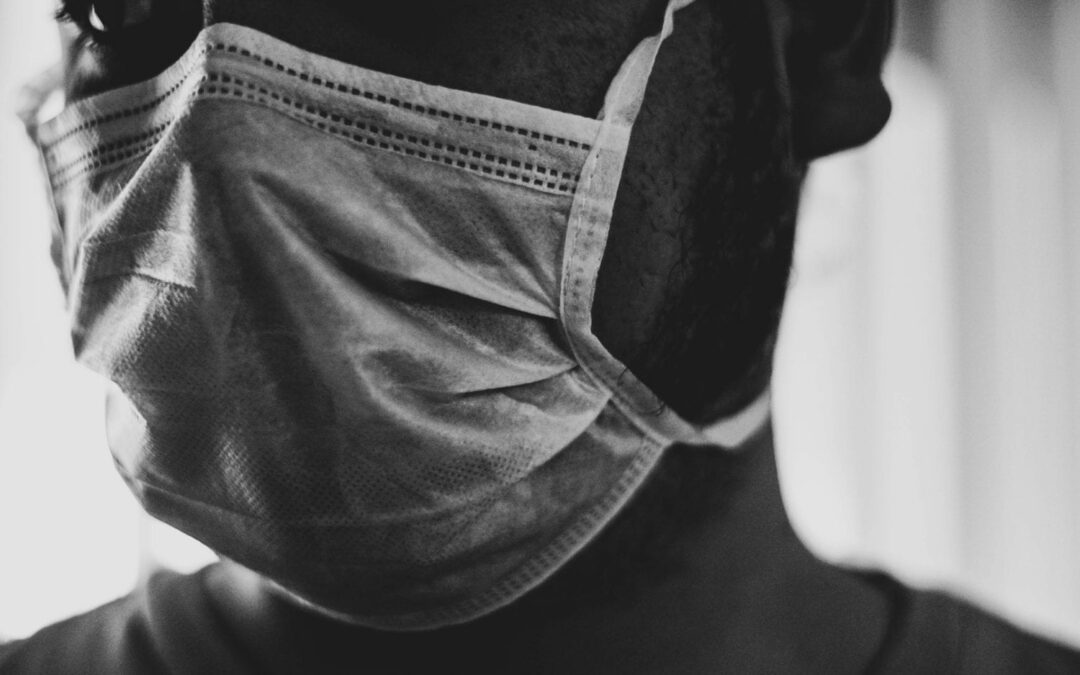Newly emerging research suggests that there has been a huge uptick in drug overdoses since the start of the COVID-19 pandemic. Recent data indicates that several key contributors are fuelling the rise – including a loss of critical funding for treatment programs, increased social isolation, and disruptions to normal drug supply channels—leading people to seek out dodgy alternate suppliers. Growing rates of anxiety and depression, along with job losses and financial strain are also playing a role in the surging overdoses.
While we don’t yet have a complete picture – the Center for Disease Control’s data collection lags by about a year –, statistics gathered by the Washington Post using input from an overdose tracking system indicate that not only are overdose rates increasing, but they also seem to be accelerating as the pandemic continues.
The reporting suggests that ODs spiked by 18 percent compared with March of last year; 29 percent by April, and 42 percent by May. These figures are especially frustrating as 2018 marked the first year in over two decades that the US experienced a slight drop in ODs.
This progress appears to be backtracking as the virus drags on. And some places are being impacted worse than others – in one Wisconsin county, calls reporting overdoses have jumped by more than 50 percent.
So what is behind this fatal surge?
When shutdowns, business closures, and stay-at-home orders began, many experts expected a decrease in ODs as normal supply routes were interrupted. In fact, the shutdowns seemed to fuel an increase as people sought out alternatives they were less familiar with from new or different suppliers.
Doctors are reporting an increase in less common substances in autopsies reports, while synthetic opioids like fentanyl and carfentanil have been increasingly finding their way into the supply chain. The potency of these synthetics is unprecedented—fentanyl is some 50 times more powerful than heroin, and carfentanil is some 100 times more deadly than that. As such, they can overwhelm even experienced drug users. The American Medical Association recently warned the public reporting that officials in 34 states have alerted them to the growing frequency of such drugs in overdose cases.
Social distancing and stay-at-home orders have also negatively impacted people’s mental health. Addiction is a disease of isolation—limited access to support networks and regular face-to-face contact can fuel anxiety and depression, and interrupt with crucial recovery activities. Moreover, when people use alone, overdoses are more likely to be lethal as no one is on hand to administer, Naloxone (also known as Narcan, a life-saving drug), or call paramedics.
Making matters worse, essential funding for addiction and behavioral health services has been diverted to fight COVID-19 or simply cut from budgets as cities struggle financially. The coronavirus also put a halt to a billion-dollar research program into new forms of treatment.
Moreover, many treatment facilities have been teetering on the brink as revenue from services and reduced government payments go missing from already strapped budgets.
Other side effects of the virus, like job losses and growing financial stress have also been contributors. Over 20 million are unemployed, marking the country’s most severe economic meltdown since the Great Depression. On top of that, widespread reporting indicates that the virus has escalated levels of fear, uncertainty, anxiety, and depression, while interrupting the human connections that help people manage those feelings. Research has established strong links between declining economies and suicides, drug use, and ODs. Although that research was based on data from previous recessions, which were much less sudden, the current downturn also came along with serious changes to routines and lifestyles, making it hard to predict long-term effects.
Nevertheless, when people cite the connection between job losses and a rise in overdoses there is an assumption that the outlook is hopeless.
Unlike coronavirus, there is an answer for people struggling with addiction. At Orange County Recovery, we have time-tested, solution-based treatment that offers a real way out. If you or someone you know needs help – reach out. We remain a safe refuge for those who are ready for a change.


Recent Comments